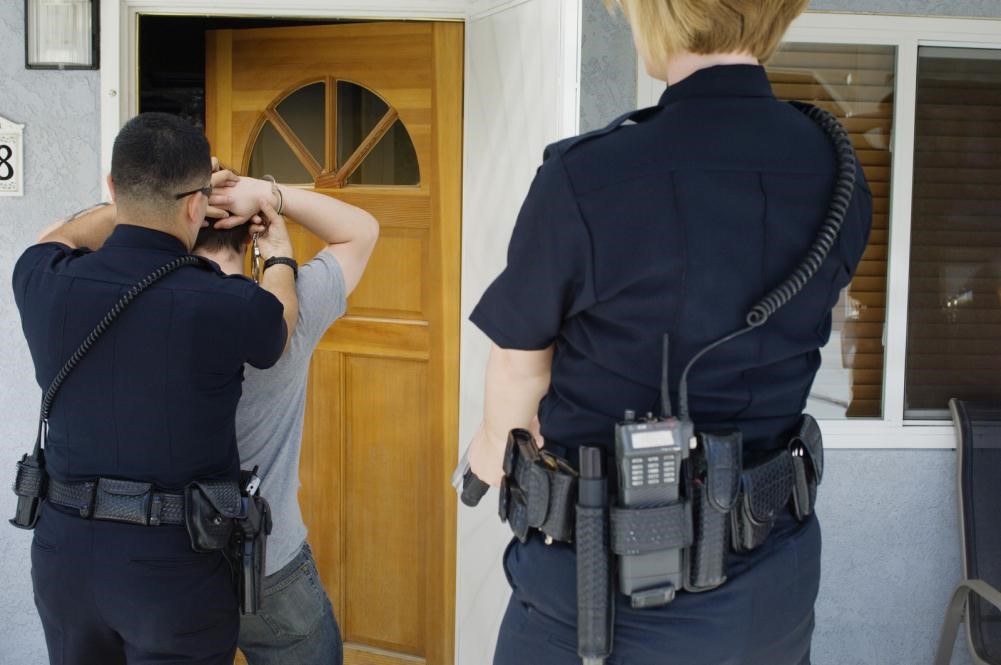The doorbell rings and a police officer is standing at your door. During the course of your discussion with the officer, they ask if they can search your home. Or during a routine traffic stop, the officer asks if they can search your vehicle. Can you tell them “no”? Do they have any kind of authorization to conduct a search?
According to the Fourth Amendment, a police officer doesn’t have the right to search your property, unless:
- The officer has probable cause and a warrant to conduct the search and/or seizure. The warrant should be signed by a judge, and must clearly explain the reasons for the search
- In limited situations when the officer doesn’t have a warrant but the circumstances justify that the search and seizure is reasonable
Although the Fourth Amendment protects U.S. citizens from unreasonable search and seizures by the police, it’s important that you have a complete understanding of what constitutes a “reasonable search.”
What Is a Probable Cause?
Probable cause means that the law enforcement officer has a reason to believe that you’re involved in criminal activity; they cannot arrest you based on a hunch or suspicion alone.
A probable cause can include:
- Visible evidence: Drugs in plain view or criminal activity can be seen
- The officer observed suspicious behavior, such as hanging out in a known area for drug activity or speaking to known drug dealers.
- A signed affidavit where an individual swears they purchased drugs from you or saw drugs in your home
- Hearsay: someone overhead you discussing a drug deal. Even though hearsay isn’t generally admissible in court, it can be used to get a warrant for search and seizure
In order to get a warrant, law enforcement must prove to a judge that there’s a good reason to conduct the search. The judge may further ask for more substantial proof that points to your involvement.
Exceptions: Warrantless Searches
As mentioned above, there are certain instances where law enforcement may conduct a search without a warrant. This is only legal if the search is reasonable under the given circumstances.
Warrantless searches typically occur when the suspect is first arrested or detained, or when contact is first initiated. If the officer has reasonable suspicion of criminal activity, they may initiate a “stop and frisk” search to check for weapons or contraband. After the arrest, the officer may conduct a protective and wider sweep for said evidence.
Moreover, no warrant is required if you consent to having the premises—or your person—searched. And the police aren’t required to notify you of your right to decline these searches.
Any incriminating evidence found during a consent search can be used against you.
Additionally, property that isn’t hidden is considered to be in plain sight and can be potentially subject to seizure by the officer, despite the absence of a warrant.

Fourth Amendment Violations
Keep in mind that if the law enforcement exceeds their lawful authority, you can file a motion to suppress the evidence under the Exclusionary Rule. In this case, any evidence derived from a violation is barred from court.
Even though the Texas State Law protects you from unreasonable searches and seizures, it’s best if you reach out to an experienced criminal defense attorney and DUI attorney, like Attorney J.L Carpenter.
Attorney Carpenter has years of experience in defending DUI cases, drug possession, domestic violence, and criminal allegation cases in the Clear Lake, Friendswood, and Houston area.
Schedule a consultation with J.L. Carpenter Law to start protecting your rights now.
